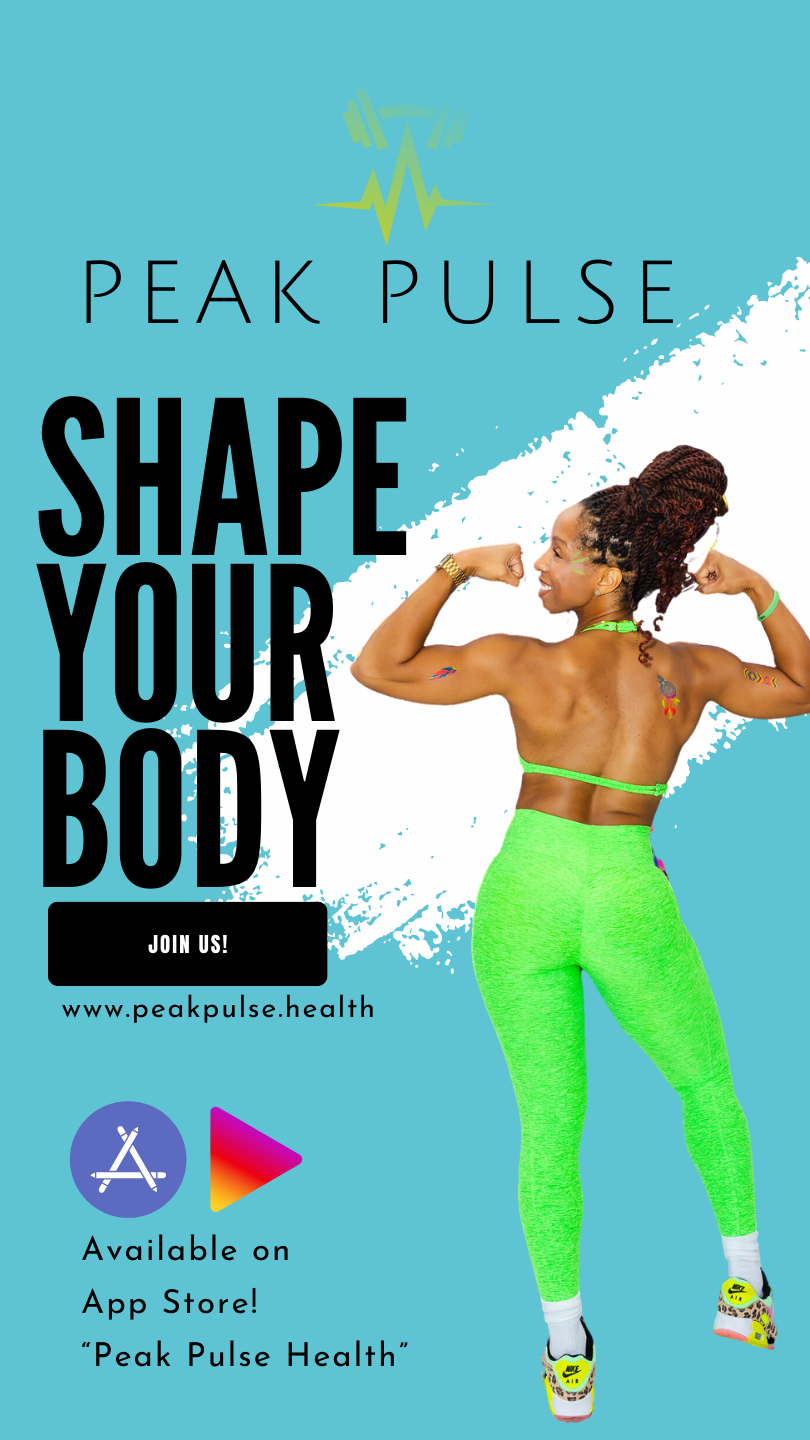Here’s What Could Be Going On—and What You Can Do About It
A stiff back can feel like an unwelcome morning ritual. You roll out of bed, only to wince as you stretch out that stubborn tightness. If you’re in your late 30s or early 40s, it’s easy to wonder, Is this just aging? But here’s the thing: while stiffness is common, it’s not necessarily normal, and it might be a sign that something more specific is going on.
In my years as a physician, I’ve seen back stiffness linked to a variety of causes, ranging from lifestyle factors to medical conditions that require attention. One patient of mine thought it was just bad posture until an MRI revealed a slipped disc. The good news? Whether the issue is minor or more complex, there are practical steps you can take to feel better.
Let’s explore the potential reasons behind your stiff back and what you can do to get relief.
What Could Be Causing Your Stiff Back?
1. Lifestyle-Related Causes
Before we dive into medical conditions, it’s worth addressing the most common culprits:
- Sitting Too Much: Prolonged sitting can tighten your hip flexors and weaken core muscles, putting stress on your lower back.
- Poor Sleep Position: An unsupportive mattress or awkward sleep position can misalign your spine.
- Lack of Stretching or Movement: Over time, inactivity reduces flexibility, leading to stiffness.
2. Medical Conditions to Consider
If your back stiffness persists or worsens, there may be an underlying medical issue. Here are some possibilities:
- Slipped or Herniated Disc:
A slipped (or herniated) disc occurs when the soft cushioning between your spinal vertebrae pushes out, irritating nearby nerves. Symptoms can include stiffness, pain, or even numbness radiating down your leg. - Osteoarthritis:
Degenerative changes in the spine can cause stiffness, particularly in the morning or after periods of inactivity. This is common in people over 30 and often progresses gradually. - Muscle Imbalances or Strain:
Overworked muscles, particularly in the lower back or hips, can tighten and pull on your spine, causing discomfort. - Sacroiliac Joint Dysfunction:
The joints connecting your pelvis to your spine can become inflamed, leading to stiffness and limited mobility. - Ankylosing Spondylitis (AS):
This inflammatory condition primarily affects the spine, causing chronic stiffness and pain. It’s more common in younger adults and can worsen without treatment. - Stress-Related Tension:
Chronic stress can cause muscle tension in the back, leading to ongoing stiffness and discomfort.
How to Address Back Stiffness: Practical Steps
Whether your stiffness is related to lifestyle habits or a more specific medical issue, these actionable steps can help:
1. Gentle Morning Stretches
Start your day with movements that loosen your spine and hips:
- Cat-Cow Stretch: Alternate between arching and rounding your back.
- Child’s Pose: Stretch your lower back and hips by sitting back on your heels and reaching forward.
- Knee-to-Chest Stretch: Lie on your back, pull one knee to your chest, and hold for 15-20 seconds on each side.
2. Improve Your Sleep Setup
- Upgrade to a medium-firm mattress for better spine alignment.
- Use a pillow that supports your neck and keeps your spine neutral.
- Try sleeping on your back with a pillow under your knees, or on your side with a pillow between your knees.
3. Strengthen Your Core and Back
A strong core provides essential support for your spine, reducing stiffness and preventing future issues. Focus on:
- Planks: Engage your core without straining your back.
- Bird Dogs: Improve stability by extending opposite arms and legs while on all fours.
- Glute Bridges: Strengthen your lower back and hips by lifting your pelvis off the ground.
4. Move More During the Day
Prolonged sitting is a common culprit for stiffness. Set a timer to stand, stretch, or take a short walk every 30 minutes.
5. Reduce Stress
If stress is contributing to tension in your back, try:
- Breathing Exercises: Deep, slow breaths can relax your muscles.
- Mindfulness or Meditation: Taking just 5 minutes to focus on your breathing can reduce stress levels.
When to See a Doctor
If your stiffness doesn’t improve with these steps or if you notice additional symptoms, it’s time to consult a professional. Seek help if you experience:
- Pain that radiates to your legs or arms.
- Weakness, tingling, or numbness.
- Persistent stiffness that worsens over time.
- Difficulty performing daily activities.
A physician may recommend imaging (like an X-ray or MRI) to identify conditions like a slipped disc, arthritis, or sacroiliac joint dysfunction.
How I Can Help You Find Relief
If you’re tired of living with a stiff back and aren’t sure what’s causing it, let me guide you. Through Peak Pulse, I can help you:
- Identify the Root Cause: Whether it’s posture, stress, or a medical condition, we’ll get to the bottom of it.
- Create a Personalized Plan: From targeted exercises to lifestyle adjustments, I’ll develop a plan tailored to your life and needs.
- Connect You with Specialists: If additional care is needed, I can help you navigate the healthcare system to find the right experts.
You don’t have to live with discomfort. Together, we can create a path to a stronger, more mobile, and pain-free back.
Schedule Your Discovery Call Today to start feeling better.
Conclusion: Listen to Your Back
A stiff back isn’t just an annoyance—it’s your body’s way of asking for attention. Whether it’s due to simple lifestyle factors or a more complex medical condition, there are steps you can take to feel better.
Don’t ignore the signs your body is giving you. If you’re ready to understand what’s really going on and take control of your back health, reach out today.
TeenyDose is your resource for navigating the healthcare world. Providing tips for patients who seek help with medical questions and for providers who need resources to help their patients best. If you love what you read here, don’t be selfish. Share it with your friends. We would love to hear from you if you have suggestions or wish to be a contributor.
Visit www.shariandrews.com and www.peakpulse.health for wellness solutions and personalized concierge services. I’m your partner in prioritizing health and making sense of your healthcare journey.








